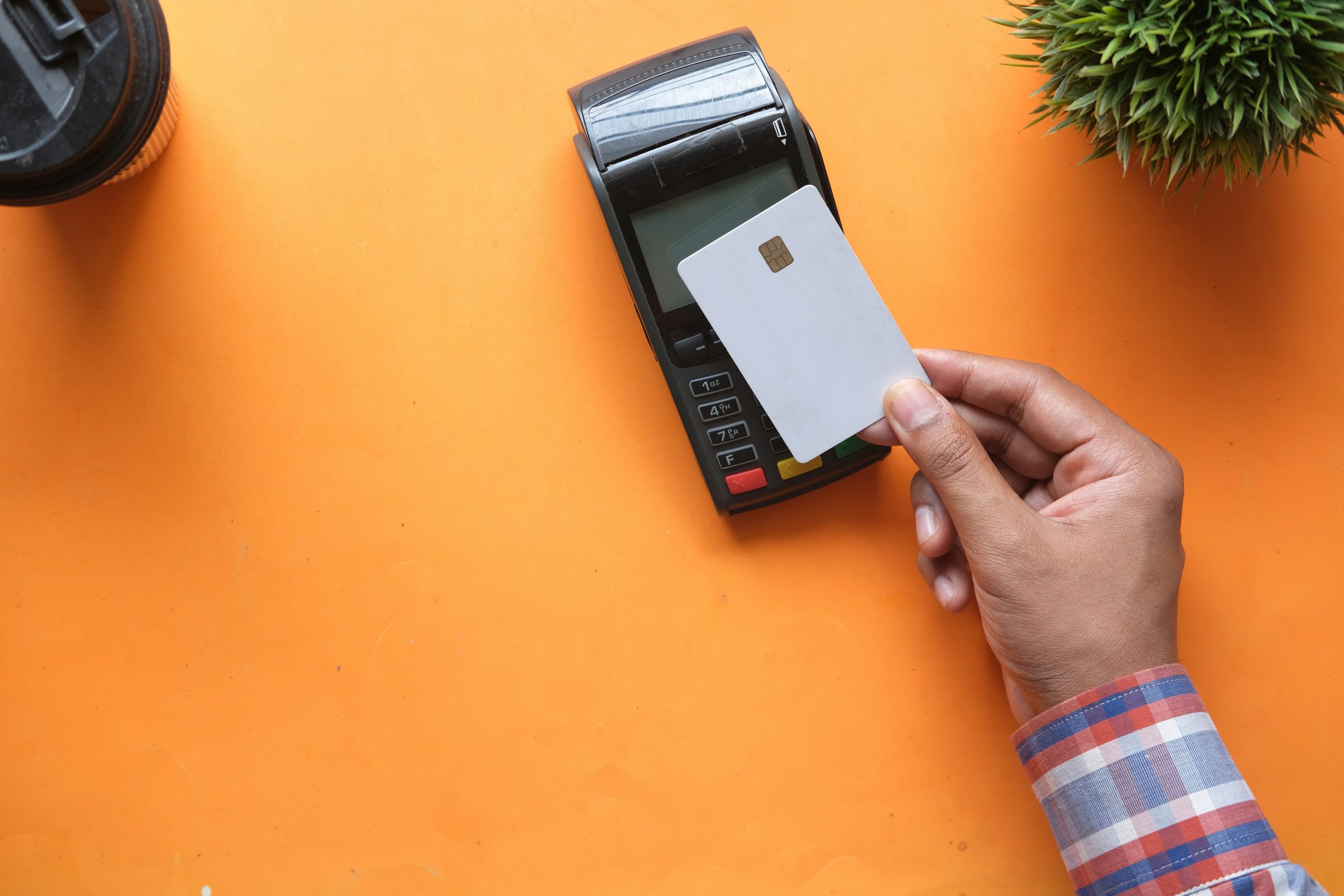The digital ledger system known as the blockchain, which was first created to support cryptocurrencies like Bitcoin, rapidly moved beyond its original intent to become a game-changing invention in several different industries.
When it comes to transaction recording and data management, this revolutionary technology provides unmatched security, transparency, and efficiency. Blockchain is now being used to revolutionize established methods and solve long-standing real estate, gaming, healthcare, and finance issues.

Healthcare Revolution through Blockchain
Blockchain in healthcare promises a future where patient data are securely and efficiently managed. By creating an immutable ledger for health records, blockchain offers enhanced security and privacy, addressing major concerns regarding data breaches and unauthorized access. It facilitates seamless sharing of medical records among authorized professionals, ensuring that patient data remains up-to-date and accurate across various healthcare providers.
Moreover, blockchain’s transparency and traceability features are instrumental in combating counterfeit drugs by verifying the authenticity of pharmaceutical products. The capability ensures patient safety and aids regulatory bodies in monitoring and managing the supply chain more effectively.
Transforming Finance and Banking
Blockchain technology is transforming finance and banking in a multifaceted way, involving a wide range of applications and innovations that enhance the security, efficiency, and transparency of financial transactions. At the core of blockchain’s influence in the sector are smart contracts, which automate formal agreements and significantly reduce the need for intermediaries.
Blockchain’s role in developing and implementing digital currencies, including Central Bank Digital Currencies (CBDCs), is important. CBDCs propose new, nationally backed cryptocurrencies that could streamline monetary policies and financial transactions globally. The advent of decentralized finance (DeFi) applications, asset-backed digital tokens, and non-fungible tokens (NFTs) are among the key trends driving blockchain banking innovations. These trends highlight blockchain’s capacity to introduce alternative methods for raising startup funding, trade cryptocurrencies linked to tangible value sources, and offer unique, inherently valuable cryptocurrency tokens.
Blockchain in the Gambling Industry
Blockchain technology revolutionizes the online gambling industry by providing enhanced security, transparency, and speed. It fundamentally alters how transactions and games are conducted.
With blockchain, every bet, game outcome, and transaction can be independently verified and audited in real time, ensuring fairness and integrity in gaming operations. The technology also guarantees players’ anonymity, allowing them to engage in gambling activities without revealing personal information and thereby enhancing their privacy and security online.
Moreover, blockchain facilitates instant transactions, eliminating the long wait times associated with traditional banking methods and significantly reducing transaction fees.
Additionally, casinos and betting platforms increasingly use blockchain to improve user experience. Promotions like the bet365 bonus code become even more appealing in this secure and transparent environment, attracting players to participate in a gambling experience that promises excitement, fairness, and protection against fraud.
Supply Chain Management Reimagined
In supply chain management, blockchain introduces unprecedented visibility and traceability from the manufacturing process to the final delivery of products. Companies record every transaction within the supply chain, making it easy to track product origin, quality, and journey. Transparency helps identify inefficiencies, reduce fraud, and ensure product authenticity.
Blockchain also simplifies complex supply chains by eliminating the need for intermediaries, thereby reducing costs and improving the speed of transactions. The technology fosters trust among stakeholders by providing a shared, unalterable record of transactions, facilitating smoother collaborations across the supply chain network.
Real Estate and Blockchain Convergence
Blockchain technology introduces a new level of transparency and efficiency to the real estate industry. It simplifies property management, sales, and investment opportunities. For instance, blockchain facilitates fractional ownership and asset tokenization, allowing for borderless international trading of real-world assets.
Blockchain’s digitization of documents related to loans, mortgages, and land registration mitigates fraud and disputes, optimizing the property management process and improving investment governance.
Innovation in Entertainment through Blockchain
The entertainment industry benefits from blockchain by managing digital content rights, enhancing fan engagement, and streamlining ticketing processes. Blockchain platforms enable artists to control their intellectual property and directly engage with fans, rewarding them for their loyalty.
Additionally, blockchain technology combats counterfeiting in ticket sales, providing a secure and transparent system for verifying ticket ownership and distribution.

Energy Trading: Empowering Sustainability with Blockchain
In the energy sector, blockchain technology is pioneering new ways of conducting transactions and managing records in trading renewable energy. By enabling peer-to-peer energy trading, blockchain facilitates direct transactions between renewable energy producers and consumers, bypassing traditional energy grids and suppliers. It promotes using renewable energy sources, contributing to environmental sustainability and energy independence.
The transparency and security offered by blockchain ensure accurate tracking of energy production and consumption, encouraging more efficient energy use and supporting the transition toward a decentralized energy ecosystem.
Conclusion
Blockchain technology is paving the way toward more secure, transparent, and efficient processes across various industries. Its impact extends far beyond the initial cryptocurrency applications, promising streamlined transactions of all types. As industries continue to explore and adopt blockchain, its potential to revolutionize traditional systems seems limitless. It offers a glimpse into a future defined by enhanced security, efficiency, and trust.
